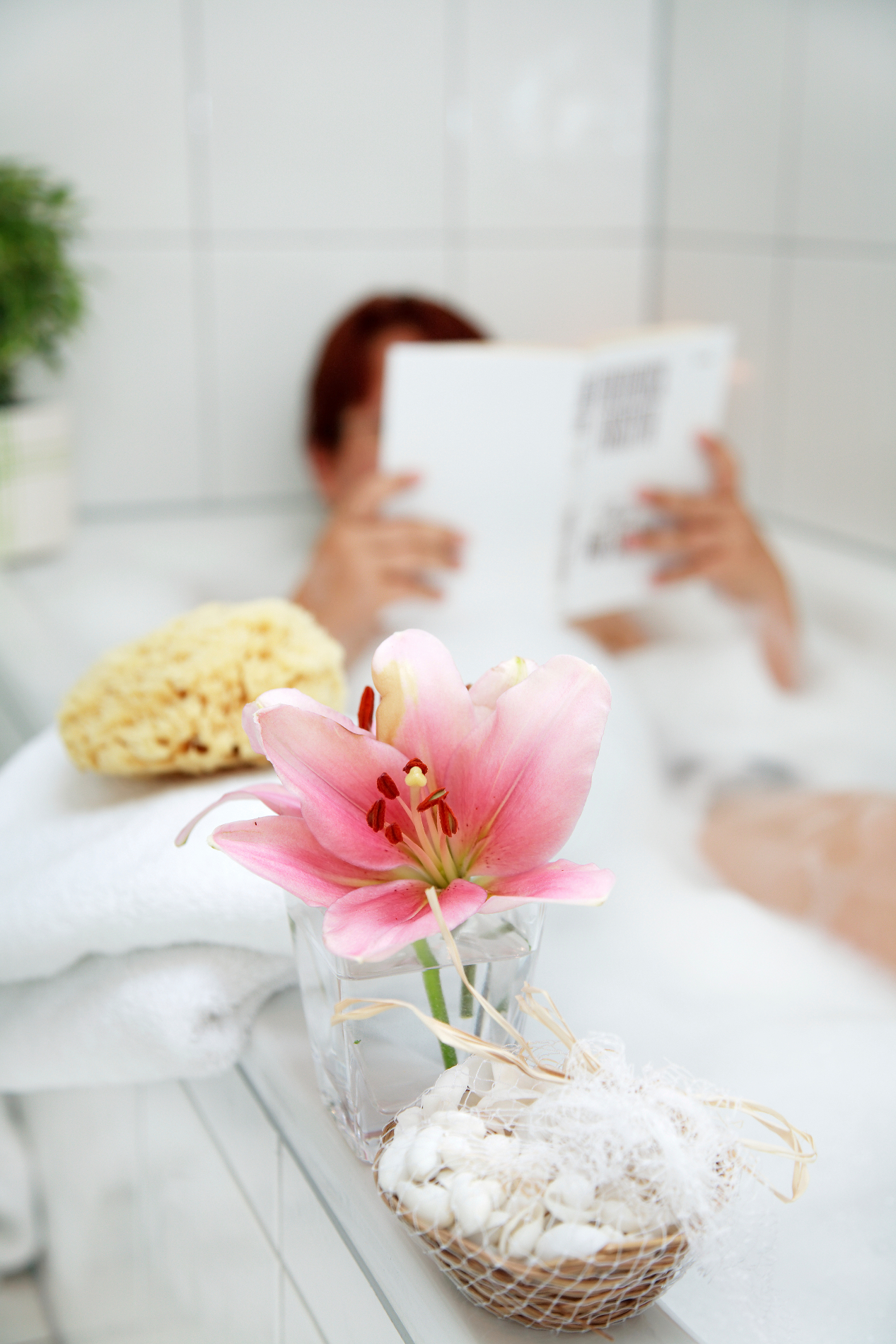The love of writing probably started at the same time as my love of reading. I learned to read before starting school and my young life was filled with positive experiences around the joys of words. I was one of those children who was sent around the primary school classes (paired up with a boy called Walker Yule as I recall). We were held up as examples of ‘good readers’. Growing up in Scotland though, that came with its fair sharing of classroom ‘banter’. At that age, it didn’t matter to be teased about a love of books. Books were a world I could escape to. Books enabled tears I could not otherwise cry and laughter that was otherwise scarce.
It may have been one of the reasons I became a Bibliotherapist or worked in a library as a teenager. I loved books and realized that I turned to certain books to find solace, adventure, inspiration or healing. That personal discovery grew into a passion. I wanted to write my own books and help others write their stories of transformation and adventure. It’s one of the reasons I became a mentor to aspiring writers. The day I discovered I could actually study and ‘prescribe’ literature as a means of helping another heal was another stepping stone laid upon the journey I’m sharing with you now.
The UK’s Guardian newspaper ran an interesting story the other day that got me thinking. The article discussed the idea that GPs are going to give books to help teenagers with mental health issues. “Take two chapters daily – how to prescribe fiction.”
Within the article two ‘seasoned bibliotherapists’ discussed the power of novels as therapy.
The article resonated with me on so many levels. A member of my family was diagnosed with depression when they were 18 and he was immediately hooked up to an endless supply of anti-depressants. It turns out, nearly 20 years later, that he should have only been on those heavy-duty anti-depressants for a short period of time before his treatment was assessed on a long-term basis. He went through his young adult years, going from relationship to relationship, job to job, unable to feel anything – including the death of his mother. I find myself imagining how different his young adulthood experiences may have been if he’d been prescribed two chapters a day.
I didn’t realise it until recently, but I’m one of the lucky ones. It seems I have been self-medicating most of my life. My love of reading came from being read to as a child. Watership Down was an emotional experience for me, but my mother read the parts of Keehar, Bigwig, Fiver and Hazel with such feeling, that I still see Keehar in every seagull, and every wild rabbit is a Hazel. I always had a love of animals, but this book changed the way I felt about us as humans, and what were doing to the natural habitat of the animals I loved. It fostered a sense of empathy and compassion that’s stayed with me, but over and above the depth of emotion I felt for these fictional creations, Watership Down taught me that there was a world beyond the one I was living.
Reading was the way my mother and I spent time together. Unlike parents today, my mother didn’t spend her time lining up activities for me to do and she didn’t drive, so wasn’t busy taking me places either. But she did read to me. And for that, I’ll always be extremely grateful because she gave me a love, a gift that has lasted my whole life.
I’ve experienced ‘angst’ at various stages of my life, and I now find myself wondering whether my love of reading and writing actually helped keep me grounded and connected. When life got crazy I would just retreat to my room and read. Books and the world I inhabited while reading them were a safe haven.
For those who don’t have that ready-made escape route, life must seem harsh and devoid of all caring, regardless of whether you’re a teenager, suffer mental health issues or feel isolated generally. For those who feel powerless or do not have a voice, reading is a powerful way to find and articulate your truth.
It occurs to me that that reading really is a form of self-help. To be able to read and transport yourself to another world when the world around you is difficult to fathom when the thoughts and emotions in your own mind are difficult to fathom is surely a necessary survival tool. Books offer a portal to understanding, to empathy, to knowledge, not to mention a wider vocabulary.
Amongst the health benefits, there is some research to suggest that reading may help fight against Alzheimer’s Disease in later years. Reading will doubtlessly help you relax and may help lower blood pressure (unless you are reading something like Misery by Stephen King of course).
When you think books have the power to change a person’s life, mentally, physically and emotionally you begin to wonder why the benefits aren’t touted to pregnant mothers the way breastfeeding is.
Reading and writing are connected for me, and nowadays I use both to nourish my spiritual side too. So thank you, Emily Bronte, for the passion of Wuthering Heights through my teenage years, thank you, Richard Adams, for creating those rabbits and fostering a desire to save our planet and the animals that call it home. And of course thank you, Paulho Coelho, for the Alchemist, I’m still searching for that treasure within.
Have you read a book that helped heal your life?

